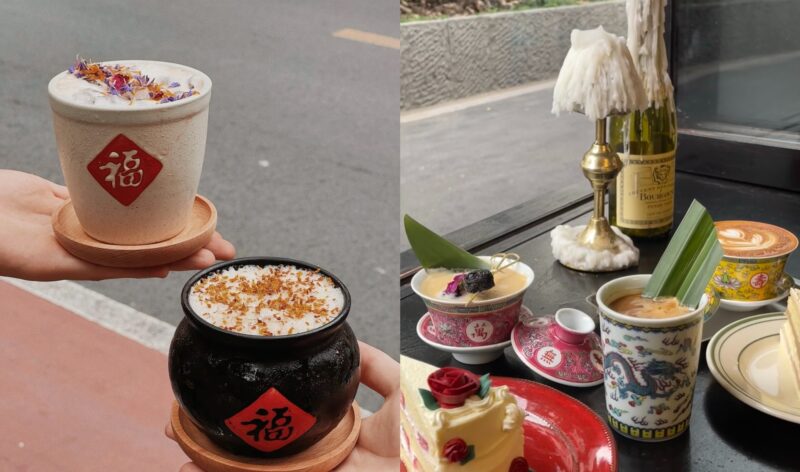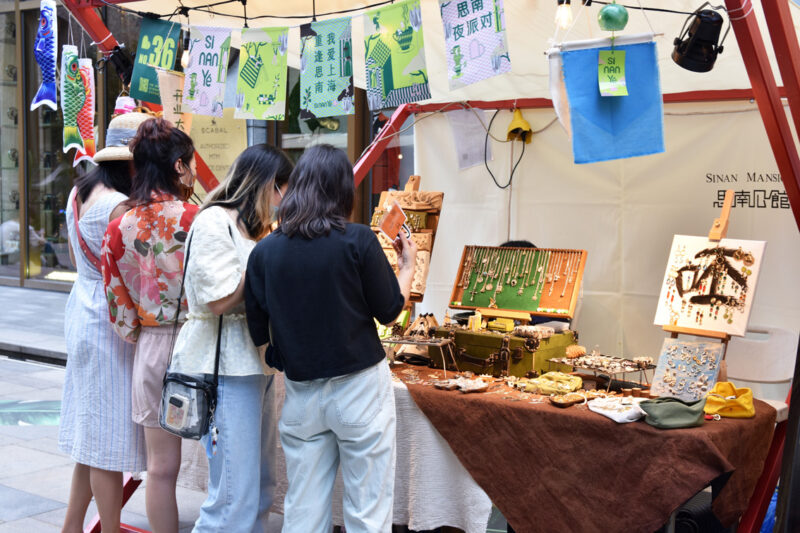The practice of “You come to my home, and I go to yours”, or “Exchange Tourism”, has been building traction in China over the past few months. Under this model, two matched parties, normally strangers, reach an agreement to stay at each other’s home, usually in different cities, for a certain period of time as a holiday and at zero cost.
Gen Z’s “Money Saver”
Such a concept soon drew in interest from China’s eager travellers, which is regarded as a “money saver” considering the expenses incurred with a hotel, especially during the holiday season. There are currently two ways of exchanging, including same-time exchange, and in-turn exchange, which means one person visits the other’s first with the latter expected to return the hospitality at a later stage.
Exchange Tourism is regarded as a “money saver” considering the expenses incurred with a hotel, especially during the holiday season.
This is believed to provide the involved individuals not only with free accommodation but also local knowledge and resources that would facilitate a better visiting experience in the host city, while potentially making friends through such a personal exchange.
Picking up steam during this year’s May Day Holiday, Exchange Tourism has seen growing popularity with another tourism season surrounding the Dragon Boat Festival (or 端午节 duān wǔ jié in Chinese) which fell on 22 June this year.
On Chinese TikTok, or Douyin, videos under the hashtag “Exchange Tourism” attracted over 21 million plays as of 21 June, with many looking for exchange partners by posting videos of their home environment. While others introduced some of the must-see scenic sights in their home city under the hashtag “Exchange City”, which has garnered another 28 million views on the viral short video app.
A safe play?
Despite growing in sensation, a public poll suggests that Exchange Tourism is faced by many sceptics, with 62% responding that such a practice is “unreliable” and only 30% show interest in giving it a go.
Describing it as “cost-effective”, Geng Songtao, professor at the School of Tourism of Hainan University, views this new Gen Z travel trend as an opportunity for these young travellers to expand their social network while experiencing a “deeper” exploration of local culture and tradition, as he said in an interview with the Chinese newspaper Workers’ Daily.
This new Gen Z travel trend is viewed as an opportunity for these young travellers to expand their social network.
While echoing Geng’s view, adding such a practice enables “a different life experience” and “caters to the pursuit of individuality amongst today’s young people”, Li Long, associate researcher at China Tourism Academy, also cautioned about potential problems that might come along with the rise of this new trend including property security and privacy.
In a commentary piece, the state-owned news outlet People’s Daily suggests “more potential can be unleashed with better market regulation”. “The occurrence of Exchange Tourism is responding to more diverse and imaginative travel demands of today’s tourists,” reads the article. It continues by indicating that the operation of the market at present, however, is based on “mutual trust” and a lack of regulation poses “risks”, and therefore, regulatory measures such as having exchange activities associated with one’s social credit (a broad regulatory framework reporting on the “trustworthiness” of individuals or businesses). Another recommendation is to have online platforms acting as a medium for such exchanges, to take more responsibility in verifying their own resources, and in safeguarding the interests of the parties concerned.
The emergence of Exchange Tourism, while driven by the consumer psychology of “cost saving”, also signals the growing desire for a more personal and immersive travelling experience amongst today’s Chinese tourists, especially those of the younger generations. In the meantime, it also indicates a greater role that socialising has played in travelling, which is a result of the pursuit of a more diversified consumer experience amongst those shrewd generations overall.
However, to have this new trend fare well in the long run, measures await to be introduced to address concerns raised and to maximise protection for participants. Having these guarantees in place would also encourage more to join, allowing further growth for this new way of travelling.









